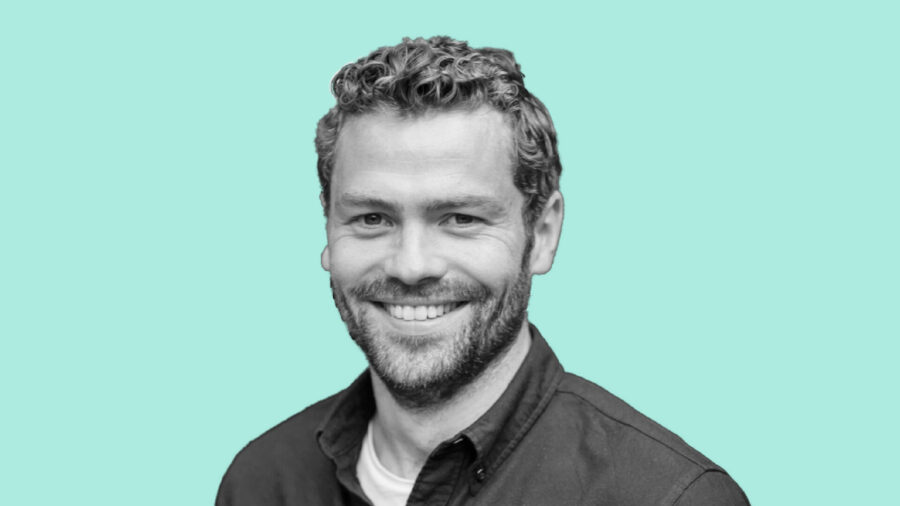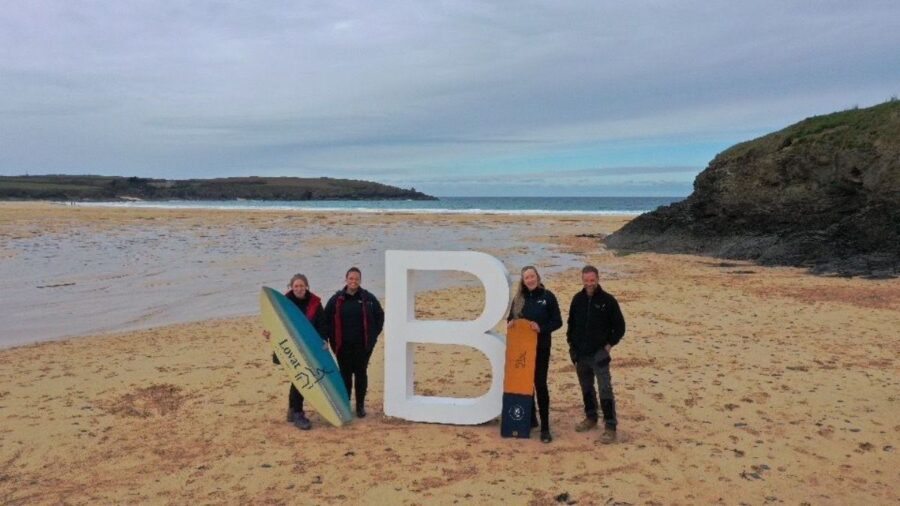
Any firm achieving B Corporation certification would once have automatically earned widespread respect for meeting the high ESG standards set by the awarding body, B Lab. But public faith in this ethical business movement has been shaken over the past year as the credentials of some B Corps have attracted critical scrutiny.
In June 2022, for instance, a group of more than 30 B Corps aired concerns about Nespresso’s certification, arguing that it risked diluting the “integrity of the movement”. Among their problems with the Nestlé subsidiary were the levels of waste generated by the firm’s single-use coffee pods and the alleged use of child labour by some of its suppliers.
In December, BrewDog relinquished its certification after B Lab asked it to meet additional criteria. The request came after the brewer’s controversial founder and CEO, James Watt, had been publicly accused by his staff of creating a “rotten culture”.
Reflecting on the recent unfavourable publicity, Chris Turner, executive director of B Lab UK, says that the movement has found itself at an “inflection point”, caused largely by its rapid growth. He accepts it faces some “profound” questions that require “thoughtful” answers – and that his organisation’s responses “will determine the shape of the movement to come”.
‘People should be scrutinising B Corps and asking how they achieved their scores’
Turner says: “The B Corp movement is absolutely having to ask itself some tough questions right now. That’s part of the process of maturing. This is a natural conversation that will always arise as we grow, as our work gets more complex and as the businesses joining the movement get more complex. But it’s a level of scrutiny that we welcome.”
There are more than 6,000 B Corps around the world, about 1,200 of which are based in the UK. Among the largest firms on the roster are private bank Coutts & Co; Natura & Co, owner of cosmetics brands including Avon and The Body Shop; and several subsidiaries of food giant Danone.
The annual certification fee varies from £1,000 to £50,000, depending on turnover. But this is never factored into the awarding decision, according to Turner, who stresses that every applicant, irrespective of its size, must meet the same high standards expected of every B Corp.
He believes that B Lab could do a better job of communicating the level of transparency it requires from candidate companies. Its online directory sets out how each successful applicant achieved its so-called B impact assessment score, with a minimum of 80 points required to be awarded B Corp status. The highest scorer in the UK to date is YOU Underwear, which notched up 161 points.
“People should be scrutinising B Corps and asking how they achieved their scores and how they intend to improve these in the future. This transparency is a core principle of the movement,” Turner says.
B Corps’ new standards
In its bid to improve transparency, B Lab is making a sixth major adjustment to its certification criteria. Under the new rules, which have yet to be finalised, B Corps will need to meet standards across 10 categories.
“This is about leadership,” Turner says. “That’s why there’s a need for us to evolve our standards and create new minimum requirements.”

At present, a B Corp applicant is scored on its approach to workers, customers, the community, the environment and governance, but only its overall score is taken into account. This means that the firm could score poorly on its environmental impact, say, but still hit the 80-point pass mark were it to score highly in all the other areas.
Steakhouse chain Hawksmoor acknowledged this incongruity in a video announcing its B Corp certification, stating that “we’ve obviously got a fairly high carbon footprint because we’re specialists in delicious beef”.
Turner accepts that a firm’s ability to score badly on certain measures and still qualify seems incompatible with what the movement stands for. He hopes that the forthcoming changes to the B Lab standards will help to address this. Every B Corp will have to make improvements to satisfy the amended criteria as these are phased in over the next few years.
“The expectation is that these businesses will continue those journeys of improvement and align with the new standards,” Turner says.
Addressing diversity within the B Corp movement
Another aspect that B Lab UK is seeking to improve is the diversity of the businesses and founders involved in the movement. Just under a quarter (24%) of B Corps in this country are owned by women, for instance, while 8% are owned by founders from underrepresented backgrounds.
Turner has made it a priority to increase both percentages this year. To achieve this, B Lab UK has established an equitable growth advisory group, which aims to develop the movement in a “more purposeful” way and dismantle some of the barriers facing people from demographic groups that are poorly represented in business leadership.
Turner describes the advisory group’s work as “crucial”, but adds that any lack of diversity in the movement reflects British society’s broader systemic problems.
“These are the kinds of barriers that prevent underrepresented founders from becoming entrepreneurs in the first place – limited access to funding, for instance,” he says. “We’re looking not only to target individual founders but also to work on breaking down those systemic barriers, just as we do in all our work.”
‘We’re looking at Wales and Manchester as emerging hotspots this year’
Overcoming these problems also requires broadening the movement’s appeal beyond London. About half of the UK’s B Corps are based in the capital.
As part of the latest B Corp Month, a promotional event held every March, B Lab UK took a giant version of its logo around the country to boost interest and engagement in other regions.
“We’re looking at Wales and Manchester as emerging hotspots this year,” Turner reports. “It’s been really exciting for us to move into less represented areas, work with different kinds of businesses and encourage new people to join the movement.”
He hopes that such initiatives will help to make the B Corp movement more inclusive and innovative. And he’s been encouraged to see its ideals of good environmental and social governance become more widely adopted in business generally.
“We’ve got more than 1,200 B Corps in the UK now. They’re all doing incredible things and taking steps on a path of leadership in being a force for good,” says Turner, whose ambitions clearly haven’t been dampened by the recent setbacks. “The B Corp movement is here to change the system and change the world.”
